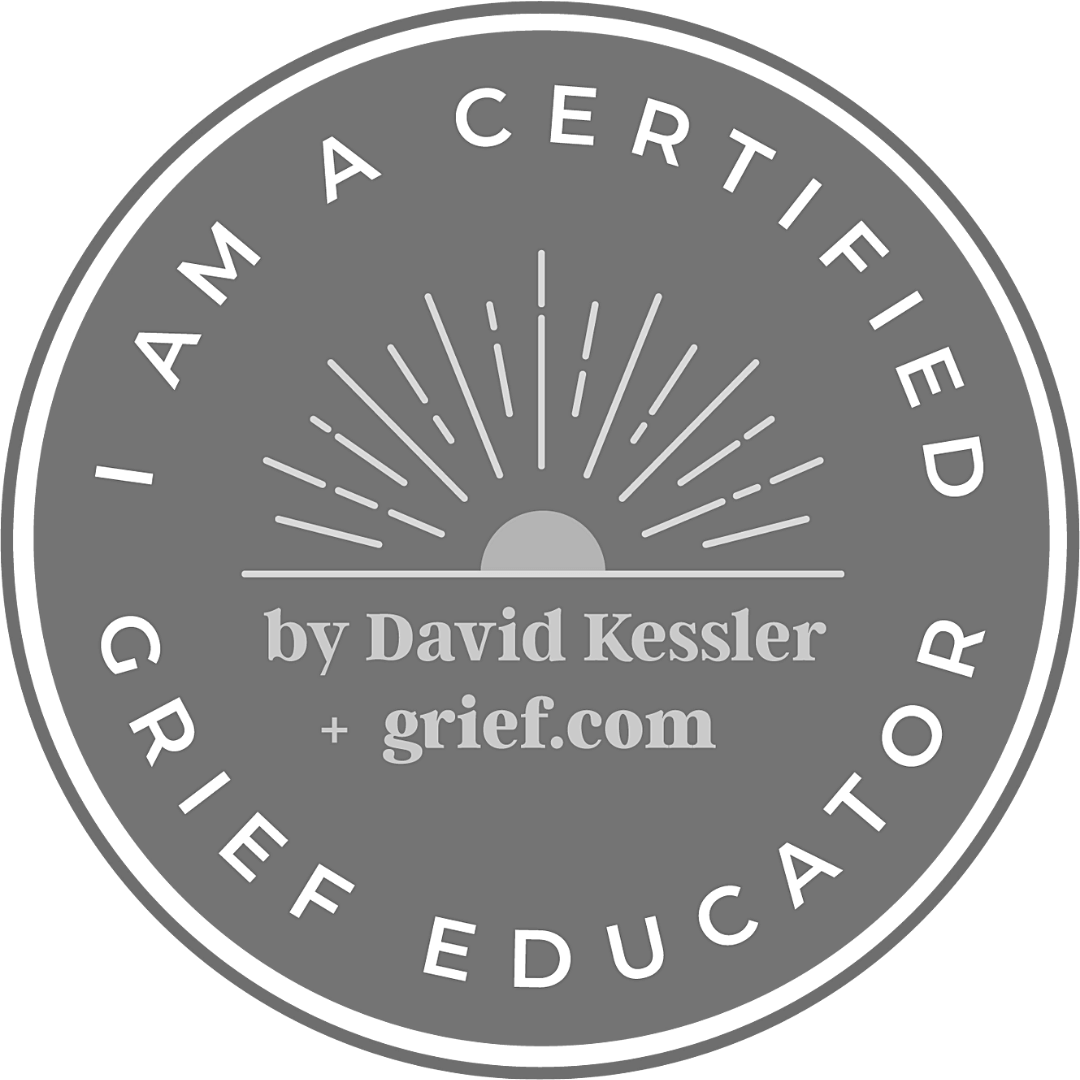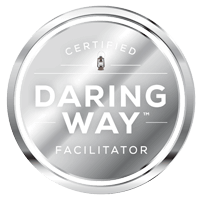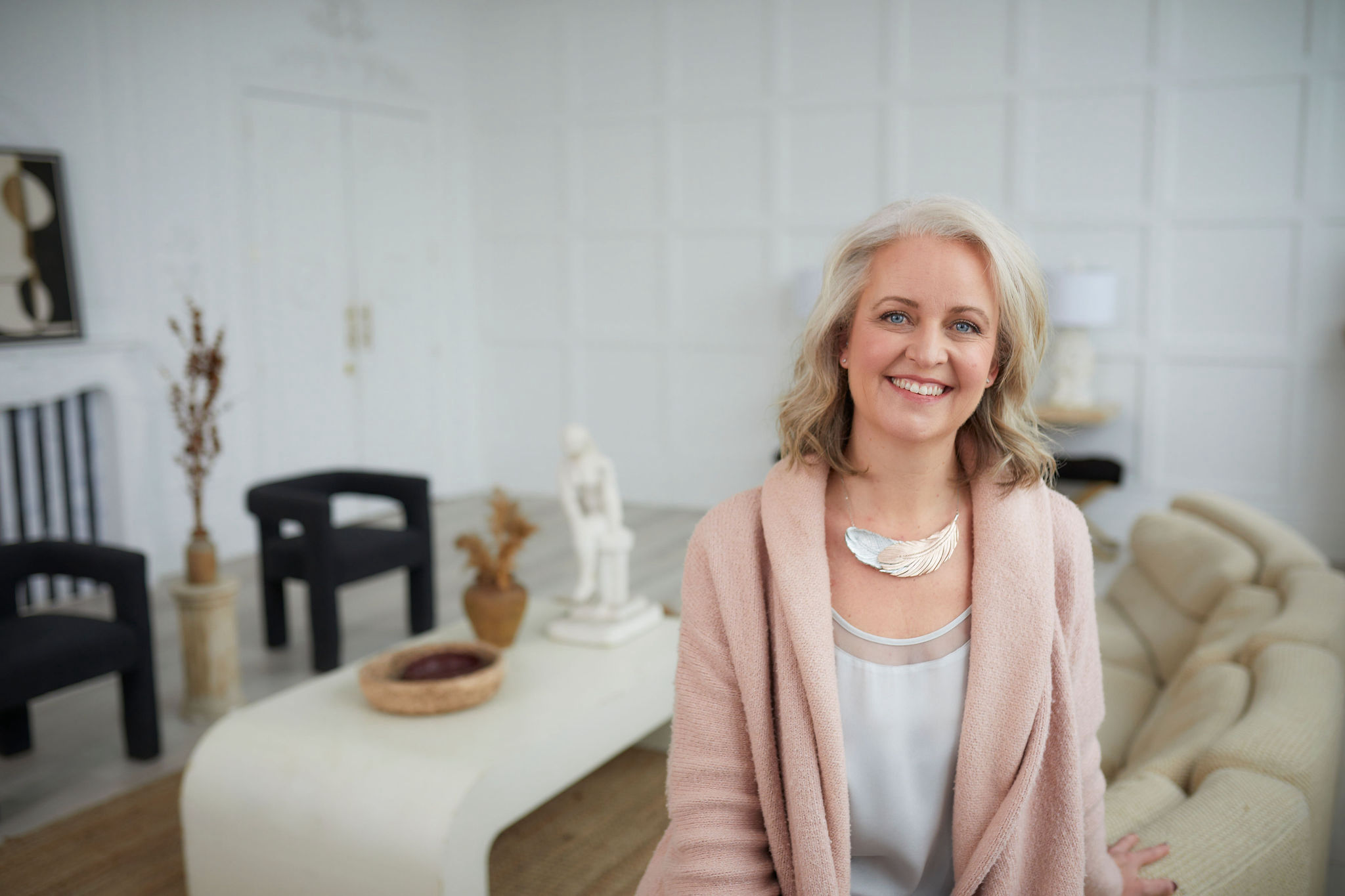Unpacking Emotional Baggage
The Narcissist and Empath DynamicAs much as COVID has left us all feeling a little (or a lot) isolated you cannot make it through life without being in a relationship with others and sometimes those relationships leave us with emotional baggage. That’s what we’re diving into today – emotional baggage and how to heal from it.
Emotional baggage comes in all shapes and sizes and can surface in any important relationship – partner, parents, friends, siblings, teachers, co-workers, bosses, extended family. It’s the uncomfortable emotions we experienced in the past and the stories we tell ourselves about WHY they happened that we lug around with us everywhere we go – until eventually, they turn into subconscious patterns that are hard to break.
And although our ‘baggage’ may be matching and cute, we need to unpack it so we can stop bringing past pain into current relationships.
HERE ARE SOME SIGNS THAT YOUR EMOTIONAL BAGGAGE MIGHT BE GETTING IN THE WAY…
- opening your heart up again feels too terrifying to try
- you find it difficult to trust even though the other person has never given you a reason to doubt them
- everything seems to be going great and you’re waiting for something to go wrong
- you catch yourself overreacting to small things
- you can’t stop thinking about what happened last time
- you have a habit of pushing people away if they get too close
Emotional baggage interrupts our ability to be intimate and show up as our best, loving, authentic selves.
While there are many kinds of relationships that leave you with baggage, we’re going to shine a light on being in a relationship with a narcissist because it will definitely leave you lots to unpack and it’s something I’ve personally experienced.
While narcissistic personality disorder (NPD) remains rare (only ~5% of the population) it’s estimated that hundreds of millions of people are affected by narcissistic abuse every year. One of the reasons that NPD remains so rare is that in order to qualify the individual has to feel like their behaviour is causing them considerable discomfort and interfering with their life. Most narcissists don’t have that kind of self-awareness and they usually don’t see themselves as the problem so very few actually receive a formal diagnosis. If they seek help at all it’s usually for depression or because their marriage is falling apart or another big negative life event. While my experience of narcissistic abuse was in the context of a romantic relationship, it could be your, parent, sibling, or boss.
We also know that narcissists tend to gravitate towards relationships with 6 types of people (and you can be more than one of these types…I know I am!).
1. Empaths: because we are so tuned in to others emotions and needs it can feel hugely validating for the narcissist and fuels their need to be the centre of attention.
2. Rescuers: people who want someone to fix/help. These people fall over backwards to help the narcissist, allowing them to move in too soon, giving them money, or calling in favours for them. Narcissists are good at playing the victim and selling a sad story which appeals to the rescuer.
3. Rays of sunshine: people who are overly positive and determined to find and focus on the good in people. They really don’t want to imagine a world where people lack empathy. This allows the narcissist to get away with things much longer than they would with someone else.
1. Empaths: because we are so tuned in to others emotions and needs it can feel hugely validating for the narcissist and fuels their need to be the centre of attention.
2. Rescuers: people who want someone to fix/help. These people fall over backwards to help the narcissist, allowing them to move in too soon, giving them money, or calling in favours for them. Narcissists are good at playing the victim and selling a sad story which appeals to the rescuer.
3. Rays of sunshine: people who are overly positive and determined to find and focus on the good in people. They really don’t want to imagine a world where people lack empathy. This allows the narcissist to get away with things much longer than they would with someone else.
4. Forgivers: people who give lots and lots of second chances. Healthy people who are given a second chance are grateful and use it as an opportunity to change their behaviour. Narcissists see this as permission to do it again and take advantage of forgivers.
5. Children of Narcissistic parents: if you grew up with a narcissistic parent it almost normalizes narcissistic abuse and you can find yourself repeating those patterns that you grew up with because it doesn’t automatically feel toxic.
6. History of trauma: People with a history of trauma can lean towards risky decision-making and self-blame. They’re also quick to devalue themselves. This makes it easier for narcissists to manipulate, gaslight, blame and control them.
DISCLAIMER: So when we talk about “narcissists” we’re not talking about individuals diagnosed with NPD. When I say “narcissist” I’m using it as a descriptive word just like we’d say someone is lazy or bossy or generous or kind. And while we can all be a little selfish sometimes this is taking it to extremes and really characterized by a lack of empathy. So let’s talk about narcissism. I’ll share what’s helped me to heal and maybe it can help you too.
What does a relationship with a narcissist look like? Dr. Ramani (an expert on narcissism) uses the acronym CRAVED to describe the common characteristics of a relationship with a narcissist.
C – high conflict: Narcissists love drama. Sometimes it feels like they’re looking for a fight and they tend to blow up at small things.
R – rigid: Narcissists don’t want to compromise and they aren’t interested in changing because they don’t see themselves as the problem. They don’t adapt well and if something goes wrong they’ll dig in their heels rather than go with the flow.
A – antagonistic: Narcissists use manipulation, guilt-tripping, and gaslighting to get their way. They tend to be arrogant, dismissive, and devalue others.
V – victim & vindictive: Narcissists often see themselves as the victim “no one gets me”, “life isn’t fair”, “it’s not my fault nothing ever goes my way”. They don’t take responsibility or ownership of their actions and they’re quick to blame everyone else. “If you weren’t____ then I wouldn’t act this way.” And if they think you’ve wronged them they’ll lash out or speak badly about you behind your back.
E – entitled: Narcissists feel like the rules don’t apply to them. They want 24/7 VIP treatment, even if it isn’t earned. They often feel unappreciated. They feel like they deserve more acknowledgment than they get. If they don’t get what they want they’ll get angry. This is the person who’s cursing and swearing and causing a scene because they have to stand in line or wear a mask like everyone else.
D – dysregulated: This is a fancy psych term that means they don’t know how to control their emotions. They may lash out. Everything can be fine one minute and the next it’s like someone flicked a light switch and they’re out of control. They may also use you as an emotional punching bag as a way to release built-up negative emotions.
Phew! Can you imagine the emotional baggage that comes with a relationship like that?
I can because I dated a narcissist.
At first, he was charming and charismatic. He showered me with attention, compliments, and gifts. I’m not gonna lie, it felt amazing. I felt loved. And I remember giving myself permission to be swept away. To finally live that Hollywood romance.
What I didn’t know then is that this is called love-bombing. And it’s actually a pretty well-documented aspect of the cycle of abuse.
Then we moved in together.
And almost from the moment I set down the last box everything changed. The light switch had been flipped and I was living with someone who was critical, manipulative, and dismissive.
Because narcissists can’t love-bomb you forever. And they can’t wear the charming, bend over backwards, generous human mask forever – it’s just too exhausting for them to keep up. Which means behind closed doors the mask comes off and leaves you wondering if you’re dating Jekyll and Hyde.
That, in itself, is a form of gaslighting because you start to question which version is the REAL version of this human. And maybe you’re overreacting because they aren’t always awful. Maybe you choose to focus on the potential you see – the loving, generous person they could be. Or maybe you start to think you’re the problem and you begin to wonder if you did something wrong because they manage to treat everyone else pretty decently.
It makes asking for help SO MUCH HARDER because everyone else only sees the outgoing, caring, charismatic public persona so it’s hard for them to believe the private person that only YOU see.
The kind of emotional manipulation that happens in narcissistic relationships makes untangling hard. Any relationship that involves emotional abuse (narcissist or not) leaves you with baggage.
Self-doubt is probably the biggest, longest-lasting fallout from narcissistic relationships.
I know I’d beat myself up for not seeing the signs. How could I trust myself to make good choices next time? I’m extra cautious with new relationships because how can I tell what’s love-bombing and what’s genuine? Or how can I trust that you’re showing me who you really are?
Let the healing begin
Here’s what I’ve learned…
- brooding/ dwelling on what happened doesn’t help, it’s actually a trauma response
- beating yourself up over red flags you missed doesn’t help
- “Stop keeping tabs on someone you’re trying to heal from” (oof, how many of us have done/do this?)
HERE’S WHAT DOES HELP…
OWN YOUR ROLE
Without blaming or shaming yourself. For example:
Without blaming or shaming yourself. For example:
- I lost myself in that relationship. I know myself better now and can make different choices next time.
- I didn’t stick up for myself, now I have healthy boundaries and I know how to communicate them.
- I enjoyed feeling I could help to ‘ fix’ or rescue someone, now I know I don’t have to save someone to feel needed or valuable
- They brought out the worst in me, now I know that’s a definite sign to get out not an opportunity to grow
FORGIVE YOURSELF
AND don’t take on anything that doesn’t belong to you. Empaths tend to take ALL the blame for everything. You are not responsible for someone else’s choices or behaviours – only your own. And there is nothing you did to deserve being treated that way. Also, forgiveness doesn’t mean that the behaviour was okay or that you need to let the toxic person back in your life.
FORGIVE OTHERS
But don’t do it for them and don’t do it because it’s the “right” thing to do or because your religion encourages it. Do it for you. Do it because you don’t need to carry around the anger, hurt, betrayal, bitterness, or resentment. You can choose to put it down.
ROMANCE THE SH*T OUTTA YOURSELF
Give yourself the love and attention you were looking for from the other person. Take yourself on a date. Fill your own cup however that feels best to you. Learn your own love language and give yourself quality time, gifts, words of affirmation, acts of service (hire someone to mow your lawn or organize your closet or prep some meals for you), or physical touch (that could be a weighted blanket, a massage, or good ol’ masturbation…scream your own name!).
LEARN ABOUT SELF-LOVE
Narcissism is not self-love. It’s all the tactics someone uses to cover up self-loathing. It’s vanity and bravado, not genuine self-confidence. It’s grandiosity and fragile ego that shatters when it receives critical feedback or isn’t the center of attention.
Self-love looks like setting and communicating healthy boundaries (and respecting others’ boundaries). It’s a realistic view of your strengths and weaknesses (you’re human and flawed and also f*cking awesome). It’s the confidence that comes from knowing and liking who you are. And the peace that comes from living in alignment with your values and purpose. And it’s a willingness to do the work not because you’re trying to be perfect or please someone else but because you deserve the most joyful, fulfilling life that you can imagine.
THE GRIEF RECOVERY METHOD®
The thing that finally allowed me to heal my emotional baggage enough to talk openly about my experience was The Grief Recovery Method.
It felt so liberating to write the letter and say everything I never had a chance to say in person. And to share that letter in a safe, non-judgmental space with someone who listened compassionately to my story and allowed me to set down all the heavy, exhausting, and awkward bags I’ve been lugging around.
Does that mean I automatically trust every man I meet? Nope. Lol. That’s not how this works. But I have an awareness now that lets me see when I’m pulling back out of fear vs pulling back because boundaries are crossed or red flags are popping up. And I know how to communicate what’s going on with me in a way that doesn’t blame him or leave me feeling like a victim and that is huge.
Healing is a process. We need to love ourselves enough to do the work, to take it one step at a time, and to heal enough to have the courage to let someone new in.
As always, if you need someone to walk alongside you and guide you through the work so you can finally set down the emotional baggage you’ve been carrying – I’m here. I’m ready to listen with an open heart and give you a safe space to set it down, let it go, and finally move forward. Book a call here.

Inner Travel Grief Coaching™ All rights reserved.











